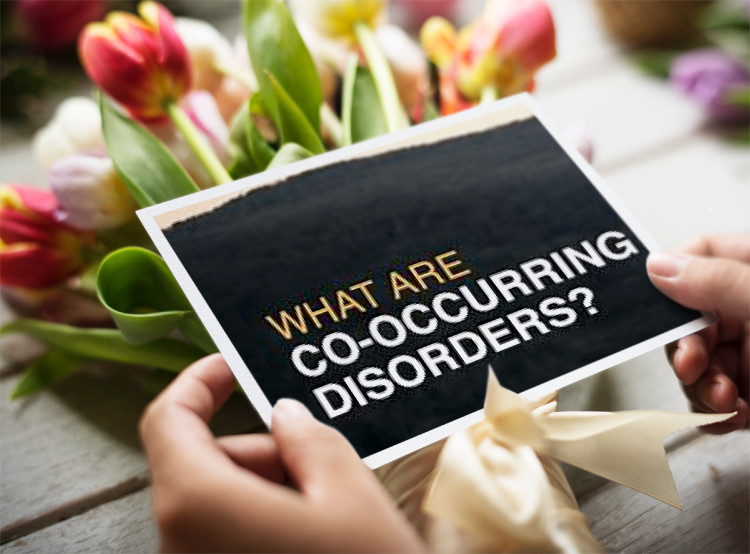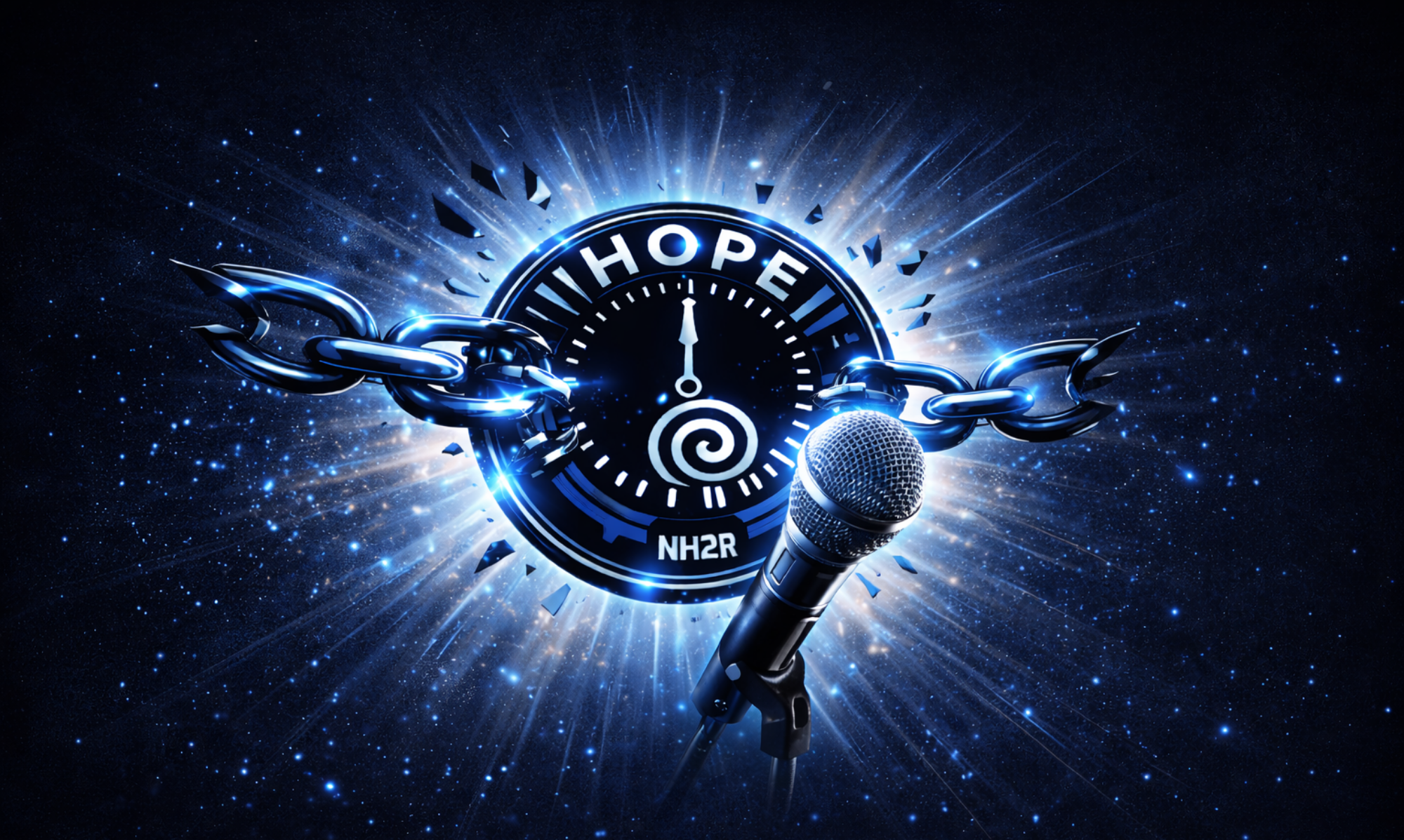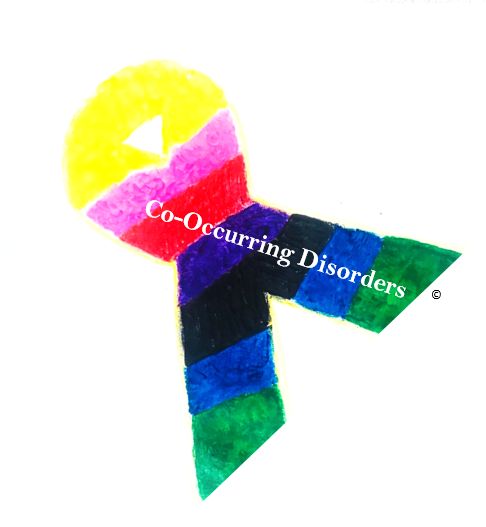
The QUESTION


The Neuroplasticity, Implicit Bias Theory Effect

Co-Occurring Disorders, are when two or more disorders are present at the same time. example: addiction, and mental health.
There are approximately 9 million American adults who have co-occurring disorders — 7.4 % of individuals receive treatment for both disorders, while 55.8 % receive no treatment at all. Here is a link to learn and understand more:

The Yellow represent the survivors left behind after a Suicide.
The Pink is most commonly associated with Breast Cancer Awareness.
The Red is generally used to show support for the fight against HIV/AIDS Awareness.
The Purple typically represents Pancreatic Cancer and Epilepsy. It is also a symbol for Alzheimer’s disease, Lupus, and Animal Abuse.
(FYI) Purple and Teal Green is associated with Domestic Violence and Sexual Assault.
The Black ribbons are used as general symbols for mourning.
The Blue represents Child Abuse /Prevention Awareness. As well as Human Trafficking, Sex Slavery Awareness.
The Green is the color most associated with Mental Health, Depression, and Auditory Processing Disorder Awareness.
color source site: Alyssa Mertes
